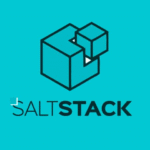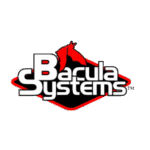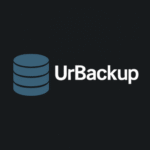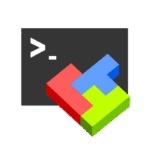Tools for System Administrators
Applications
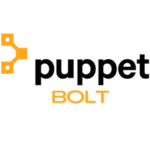
Puppet Bolt is what you grab when you want to automate something now, without setting up half an ecosystem. It won’t replace a full CM platform, and it’s not trying to. But for small to mid-sized ops tasks, across a handful of machines, it’s surprisingly capable.

WinAutomation is the kind of thing you discover out of frustration, and then wonder why you waited so long. It doesn’t do everything, but it handles the boring stuff that fills up afternoons. Especially in offices where “manual process” is just how things are done.
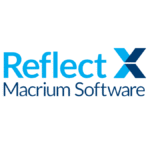
Macrium Reflect Free doesn’t pretend to be everything. No cloud sync, no incremental chains, no central console. But it nails the one job it’s supposed to do — full image backup and restore — and it nails it every time.

Veeam Agent for Windows Free is one of those rare tools that punches way above its (free) weight class. It’s fast, clean, doesn’t need a server component, and gives you the kind of restore power that usually costs hundreds.

Mailspring is the email client you reach for when you want something modern, fast, and sane. It doesn’t try to be a project management app. It doesn’t make you sign up for a cloud sync just to check your email. It’s what Thunderbird would feel like if it went to design school and learned to sync properly.

Piler doesn’t pretend to be sexy. It just works — quietly, reliably, and with enough knobs and switches to satisfy any admin who’s tired of black-box backups and overpriced archive solutions.

SSHFS-Win isn’t flashy. It doesn’t have a GUI with graphs or color-coded mounts. But when you just need access to files on a Linux system — no uploads, no sync apps, no hassle — it gets the job done. It blends into your workflow, works with your scripts, and doesn’t ask for much.

SolarWinds Log Analyzer doesn’t pretend to be deep security analytics. It’s not a compliance platform. But if you’re running real infrastructure — noisy, messy, fast-moving — it earns its keep fast. Logs stop being a burden and start acting like the early warning system they were meant to be.

VictoriaMetrics is a revolutionary tool for monitoring, scaling, managing your data. With its cutting-edge technology it proves to be superior to other monitoring software, making it unmatched at achieving efficient scalability, compatibility, and accessibility

LibreNMS is a cutting-edge tool designed to maintain and support network suitable for corporate and personal use. It’s advanced set of functional ensures impeccable results in network management including hardware and software tracking. With no secrets kept it allows full accessibility to what is happening under the hood with its open-source code.

NetworkMiner doesn’t pretend to replace Wireshark. It doesn’t try to interpret packet logic or rebuild every protocol in full. What it does — and does well — is surface the high-value stuff fast: who talked, what moved, and what devices were involved.

TightProjector isn’t flashy. It doesn’t try to solve everything. But in the right setting — where things need to “just work” without complexity — it does the job better than most.

Remmina doesn’t try to impress. It’s not new. But it’s still here — and most of the time, that’s exactly what’s needed. It works. It stays out of the way. And when everything else requires an account, a license key, or some cloud handshake… Remmina just connects and lets the work get done.

Sophos Home isn’t flashy, but it’s built on the same engine that powers corporate deployments worldwide. For tech-savvy people tasked with keeping friends, family, or frontline staff safe online — without babysitting every laptop — it strikes a rare balance: professional-grade protection, with none of the complexity.

Bitdefender Free doesn’t shout. It doesn’t ask. It doesn’t offer “system boosters” or browser extensions. It just keeps a system clean — on its own, without becoming part of the user’s day.

Parallels Desktop doesn’t pretend to be open-source or minimalist. It’s commercial software, fine-tuned for people who want their Windows apps to run inside macOS — and to forget they’re virtualized at all.

Virt-Manager isn’t exciting. It doesn’t try to compete with big orchestration stacks. But when local VMs need to be created, monitored, and adjusted without overhead — it gets the job done.

Xen doesn’t apologize for being low-level. That’s the appeal. For those who need to see every layer, trace every interrupt, and know what the hypervisor’s actually doing — it’s still a solid choice.


